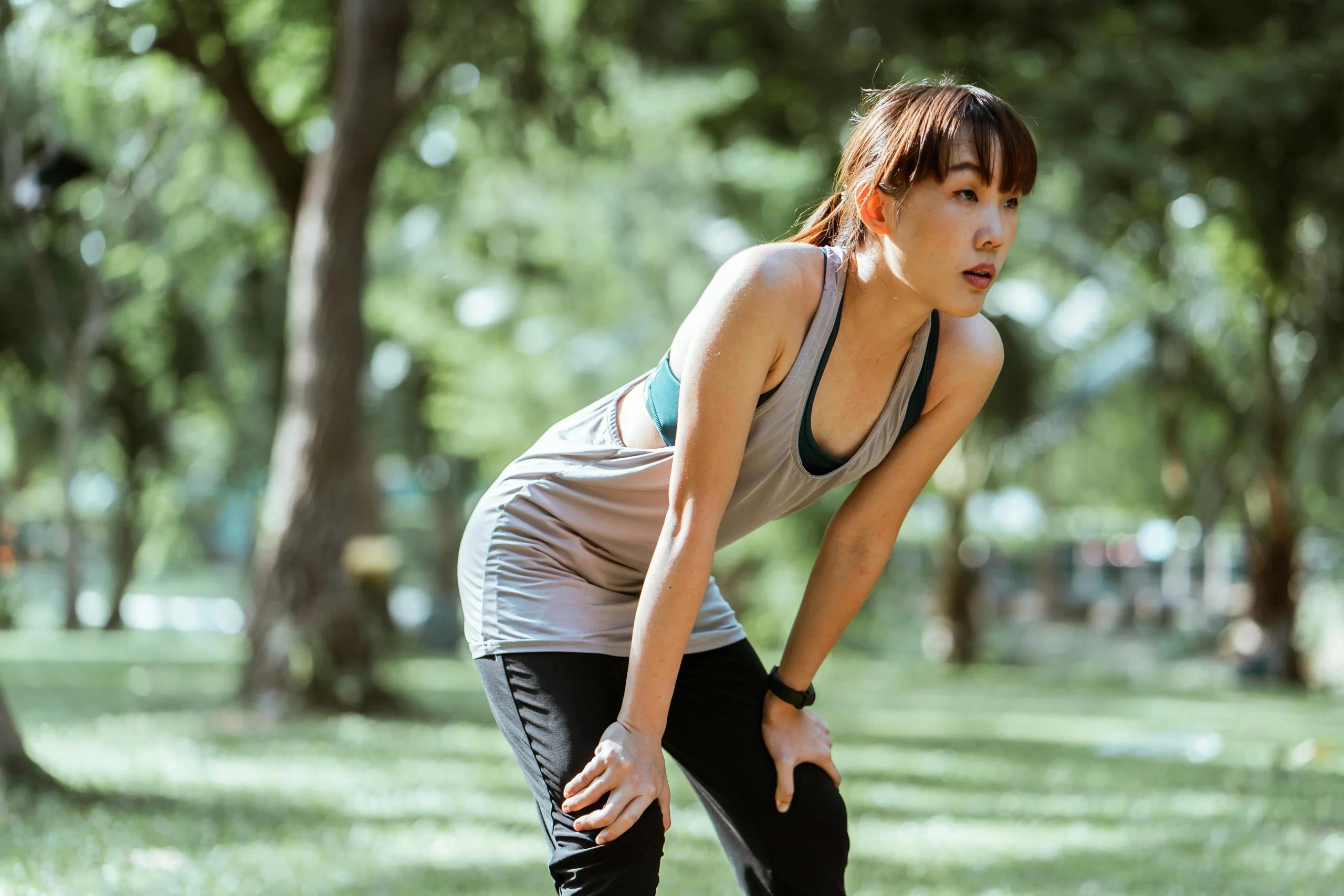How Sports Psychology Helps Athletes Reach Their Full Potential
As a parent of an athlete, you know that sports are about more than just physical prowess. The mental game plays a crucial role in your child’s performance. Many young athletes face challenges like mental blocks and anxiety, which can significantly hinder their ability to compete at their best. Ignoring these psychological aspects can lead to frustration for both you and your child. Thankfully, introducing your young athlete to sports psychology techniques can make a world of difference. In this post, I’ll share practical strategies, including visualization and positive self-talk, to help enhance your child’s mental game and set them up for success.
The Importance of Sports Psychology
Sports psychology focuses on the mental and emotional aspects of athletic performance. It helps athletes manage stress, improve focus, and build confidence. Understanding the fundamentals can empower you to support your child effectively. Here are some key issues young athletes face:
- Anxiety and Stress: Performance pressure can lead to anxiety, making it hard for them to concentrate or perform well.
- Mental Blocks: These can occur when an athlete feels stuck or unable to perform a skill they once mastered.
- Lack of Confidence: Self-doubt can creep in, especially after a poor performance, affecting future efforts.
Recognizing these issues is the first step toward addressing them. Now, let’s explore actionable strategies to help your young athlete overcome these hurdles.
1. Introduce Visualization Techniques
Visualization is a powerful tool that can help athletes mentally prepare for competition. Here’s how to incorporate it into your child’s routine:
- Set Aside Time: Encourage your child to dedicate 5-10 minutes daily for visualization practice.
- Create a Calm Environment: Find a quiet space where they can relax without distractions.
- Use Guided Imagery: Ask them to close their eyes and imagine themselves successfully executing their sport. They should visualize every detail, from the sounds of the game to the feeling of the ball in their hands.
Tip: Have your child create a vision board with images and words that inspire them. This can serve as a physical reminder of their goals and aspirations.
2. Foster Positive Self-Talk
The way your child talks to themselves can significantly impact their performance. Negative self-talk can lead to anxiety and decreased confidence. Here’s how to cultivate a more positive mindset:
- Identify Negative Thoughts: Help your child recognize when they engage in negative self-talk. Common phrases might include “”I can’t do this”” or “”I’m going to mess up.””
- Reframe the Thoughts: Encourage them to replace negative thoughts with positive affirmations. For example, “”I am capable”” or “”I have trained for this.””
- Practice Daily Affirmations: Suggest that your child write down or say aloud a few positive affirmations before practice or competition.
Best Practice: Lead by example. Share your own positive affirmations and encourage family discussions about overcoming challenges.
3. Develop a Pre-Performance Routine
A consistent pre-performance routine can help your child feel more in control and prepared. Here’s how to create one:
- Identify Key Elements: Work with your child to determine what helps them feel focused and ready. This could include stretching, listening to music, or visualizing their performance.
- Keep It Consistent: Encourage them to follow the same routine before every practice and competition to build familiarity.
- Adjust as Needed: Be open to tweaking the routine based on what works best for them over time.
Troubleshooting: If your child feels anxious before competition, suggest they include deep breathing exercises in their routine to help calm their nerves.
4. Encourage Goal Setting
Setting achievable goals can motivate your child and provide a clear focus. Here’s how to guide them through effective goal setting:
- SMART Goals: Teach your child to set Specific, Measurable, Achievable, Relevant, and Time-bound goals. For example, instead of saying, “”I want to improve,”” they could say, “”I want to run a mile in under 7 minutes by the end of the season.””
- Short and Long-Term Goals: Help them establish both short-term (weekly or monthly) and long-term (seasonal) goals to track progress.
- Celebrate Achievements: Acknowledge and celebrate their successes, no matter how small. This reinforces positive behavior and boosts confidence.
5. Promote Open Communication
Creating an environment where your child feels comfortable discussing their feelings and challenges is crucial. Here’s how to foster open communication:
- Ask Open-Ended Questions: Instead of yes or no questions, ask your child how they felt during practice or what they think they could improve.




